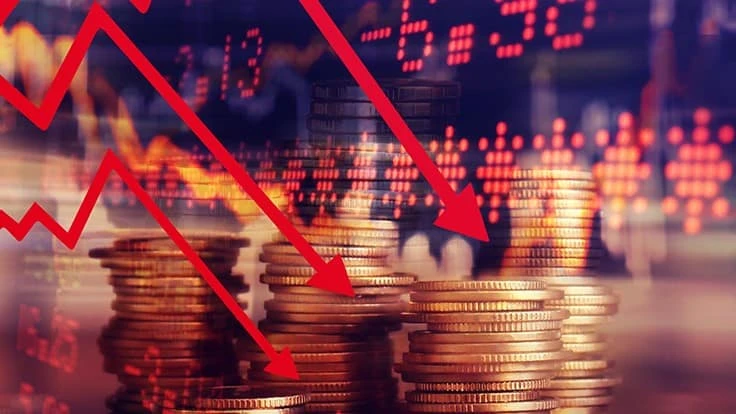
Image provided by Adobe Stock.
As regulators and media outlets have scrutinized the finances of London-based Greensill Capital and Germany-based Greensill Bank AG, they have been trying to determine whether United Kingdom-based metals producer GFG Alliance was a victim of Greensill financing techniques or an underlying cause of mounting problems.
An initial insolvency court filing by Greensill, reported on by the BBC March 8, points to GFG and its chair Sanjeev Gupta as being in “financial difficulty and defaulting on debt,” according to the BBC.
GFG Alliance consists of a collection of companies with operations in the U.K., Europe and Australia, including Liberty Steel and fellow steel producer InfraBuild, plus aluminum producer Alvance.
The Greensill Capital-GFG financial woes came to light about two weeks after Germany-based Thyssenkrupp withdrew from negotiations to sell its steelmaking assets to GFG.
Subsequently, government officials in Spain have been questioning whether the sale of an aluminum smelter there to GFG will be finalized, and governments in nations where GFG has existing facilities have been attempting to parse the conglomerate’s future.
The BBC quotes a spokesperson for accounting and auditing firm Grant Thornton, which has been appointed as an administrator of Greensill Capital, as saying, “The joint administrators are in continued discussion with an interested party in relation to the purchase of certain Greensill Capital assets.”
Previous media reports have indicated, however, that private equity firms that have expressed interest in portions of the Greensill Capital portfolio have backed away from GFG assets. Bloomberg reported in early March that Bermuda-based Athene Holding Ltd. was one such company that “wasn’t planning to take on assets” tied to GFG.
The most recent BBC news item describes Gupta and GFG as having defied skepticism by purchasing “seemingly unloved industrial assets [that] many thought could not be run profitably.”
In the United Kingdom, France and Australia, the firm has received considerable government support in what has been considered a joint effort to preserve jobs and retain metals production capacity in those nations.
In the United States, Liberty Steel has been operating an older electric arc furnace (EAF) mill in Illinois and attempted to revive another older EAF mill in South Carolina. The South Carolina effort began stalling out last year, in part because of muted steel demand related to COVID-19, but also after an exchange of lawsuits with a metalics provider.
In its attempt to purchase Thyssenkrupp’s mills, GFG seems to have encountered a less desperate seller that was willing and able to conduct a greater amount of due diligence than the company had previously encountered in Europe or Australia.
A March 8 online feature story by Australia’s ABC News refers to supply chain financing as “well established” if somewhat complex. A variation of the technique devised by Greensill founder Lex Greensill, however, is described by ABC as “based upon a simple principle, incredibly lucrative and yet deeply flawed.”
The deeply flawed part, according to ABC, was that Greensill altered supply chain financing so “the supplier was still paid at a slight discount, but the debt was owed by the [purchasing] company instead of the supplier, and that simple shift allowed the company to extend and alter the repayment terms without it appearing as though it was taking on more debt.”
Adds ABC, some Greensill clients, possibly with GFG at the top of the list, “experienced difficulties in a COVID-induced crisis.” Subsequently, credit insurers and banks “realized some of these corporations were carrying far more debt than they had disclosed [and] investors, sensing greater risk than they had anticipated, began to back out.”
The BBC says it has spoken to sources who point to Greensill as having provided GFG with an estimated $70 million per day in financing earlier in 2021. GFG has not provided an update on its own financing assessment other than an early March comment that it “has adequate funding for its current needs” and that its “refinancing plans to broaden its capital base and obtain longer term funding are progressing well.”
Latest from Recycling Today
- Lautenbach Recycling names business development manager
- Sebright Products partners with German waste management equipment company
- WasteExpo transitions to biennial format for enhanced experiences
- Study highlights progress, challenges in meeting PCR goals for packaging
- Washington legislature passes EPR bill
- PureCycle makes progress on use of PureFive resin in film trials
- New copper alloy achieves unprecedented high-temperature performance
- Gränges boosts profits and sales volume in Q1 2025





